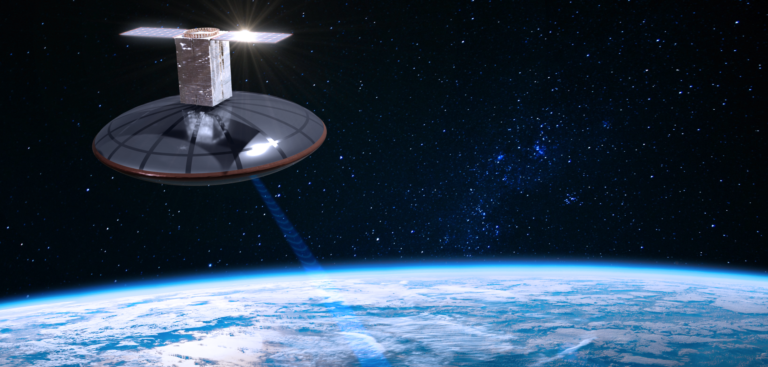US-based weather technology company, ClimaCell, is to build its own range of proprietary weather satellites to improve radar forecasting for areas that currently have low or no coverage. According to the company, five billion people still live in areas with no weather radar coverage, severely limiting their access to accurate weather forecasting.
Deploying ground-based radars to improve the situation is not a practical option; therefore, the company says it is turning to satellites while noting that many weather satellites are still limited in their ability to penetrate cloud cover. For example, NASA has been developing space-based radar sats (its TRMM and GPM missions), but these are expensive and only provide revisit times of around three days to specific areas. This last point makes them useless for forecasting models.
To address these issues, ClimaCell says its goal is to launch a fleet of radar satellites, under the banner of Operation Tomorrow Space, at a much lower cost and with the capability of providing regular updates from a low Earth orbit. The company claims its compact radar satellites cost in the low millions and can therefore be deployed in constellations of dozens of units, providing previously unobtainable coverage. The first units are planned to go live in 2022.
Company co-founder and CEO, Shimon Elkabetz, explained, “ClimaCell, which is a software company, is aspiring to become the largest weather enterprise in the world. We started with proprietary sensing and modeling to predict the weather more accurately at every point in the world, and built on top of it one software platform that can be configured for every job.
“Now, we are evolving into a SaaS [Software as a Service] company powered by space. We’re launching a constellation of satellites to improve weather forecasting for the entire world. For the first time, a constellation of active radar will surround Earth and provide real-time observations to feed weather forecasting at every point on the globe.”
The results, he added, will be improved accuracy of hurricane forecasting, disaster alerts and more, as well as equal weather data in developing and developed countries. “We are so excited to be leading this project. Space offers new capabilities most of us thought would not be a reality in our lifetime. Operation Tomorrow Space brings us new hope and new opportunities, and we’re just months away.”



